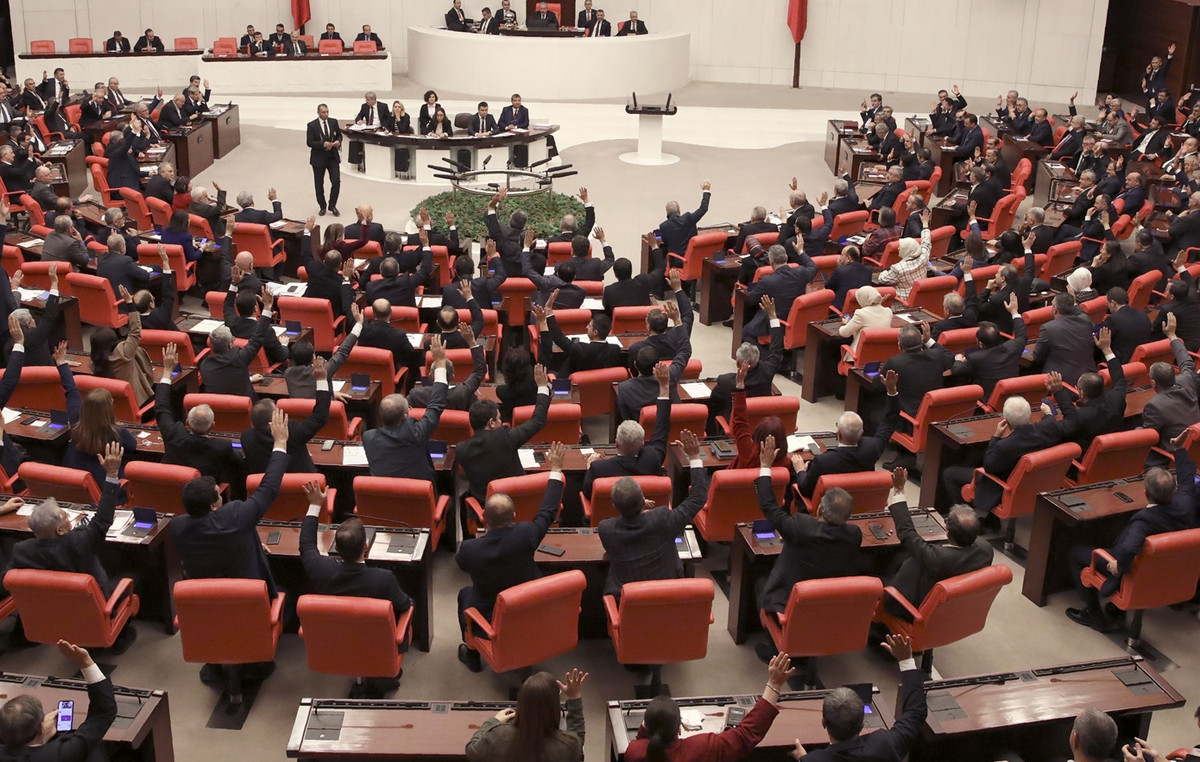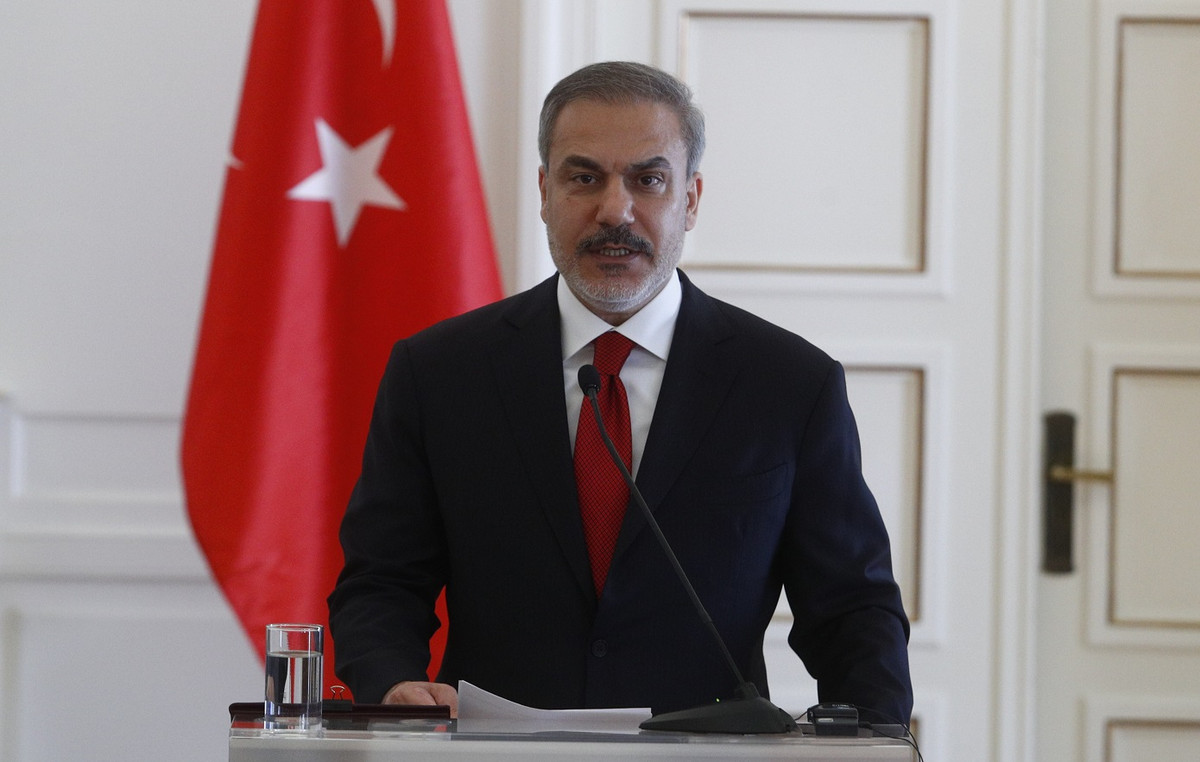In the last eight years, the audit and inspection actions of the National Audit Department of the Unified Health System (Denasus) had a reduction of 89%. The fall happened throughout the national territory and, according to specialists and civil servants consulted by the CNN, this scenario allows irregularities to be unrevealed and treated, which could, ultimately, have a direct impact on the lives of users of the Unified Health System (SUS).
For two months, the Investigative Nucleus of CNN analyzed audit reports and Ombudsman documents, in addition to consulting doctors and people linked to the inspection area within the scope of the SUS. Reports are that the drop in control is also accompanied by political persecution and guidance for reporting that is unrealistic, thus hiding irregularities.
For the former auditor of Denasus and now president of the Union of Servants of the National Audit System of the Unified Health System (Unasus-Sindical), Solimar Mendes, the resources should be better used and inspected, because “frauds in Health result in deaths”.
To understand the data from Denasus’ audit and inspection actions, the article consulted Ministry of Health reports that show that the drop in interventions has been happening systematically since 2018. In that year, 579 actions were carried out, 57% less than the 1,356 2017; the pattern continued for years to come.
For health management consultant Erico Vasconcelos, the lack of inspection and the weakness of the criteria for transfers offer space for suspicious operations. “During my time working at the Ministry of Health, it was possible to observe a very small contingent of workers to respond to complaints and other demands related to the need for inspection or intervention by auditors.”
Denasus’ performance
According to the SUS Annual Management Reports to which the article had access, only between 2011 and 2013 Denasus audits led to requests for the return of R$ 650 million. As of 2014, the reports stopped reporting the amounts of reimbursement requests.
In one of the documents, a request for return is made, as a result of an audit by Denasus which, in 2016, found that the Result Medicina Diagnóstica clinic did not present proof of exams performed for the SUS in the city of São Gonçalo (RJ). Upon visiting the laboratory, the auditors discovered that the company was operating with obsolete equipment and not following best practices. As a result, the return of R$ 1.8 million was requested for exams paid by Health to the company between 2009 and 2016.
Another Denasus survey, published in February this year, audited contracts signed by the State Health Department in that state with air taxi companies and recommended that Rio Branco Aerotaxi return more than R$ 1 million. The company was hired between 2016 and 2019 to transport patients for treatment away from home. The documents indicate that these values were not compatible with the services provided.
Currently, according to data from Unasus-Sindical, the state of Acre has only three civil servants working with auditing. This number, according to the entity, is not enough to compose a team, “much less to audit an entire state”, says Solimar.
There are hundreds of reports that have been analyzed by the report that have pointed out other issues. Among the documents, there were occurrences of lack of doctors, hospitals operating without a health permit, gas leaks and expired fire extinguishers, as well as cases in which hospitals stopped receiving SUS resources. In many of these situations, the reports were accepted by the respective hospital directors, who committed themselves to solving the problems.
Lack of professionals and interference
The drop in Denasus shares can be attributed, in part, to the reduction in the institution’s staff and the political interference of Ricardo Barros’s allies in the agency, when he was Minister of Health, as a former auditor told the report under the condition of anonymity. According to this former employee, for about a decade the number of auditors has been reduced due to the retirement of professionals and the lack of replacement.
He also reveals that there is great discontent on the part of civil servants who do not consider themselves valued and that there is interference from Brasília’s general manager in the production of final reports.
“There are no doctors on the audit corps. If you need to audit any area of healthcare, the national audit department does not have this server on board”, says Solimar.
According to the source, several initial reports that he produced and that pointed out irregularities of municipal, state or health unit managers were returned for review after going through the analysis of the headquarters of Denasus in Brasília. He says that these revisions were, many times, guidelines for irregularities to be removed from the final text.
He says that the worst period was between 2014 and 2019, when the drop in the number of employees was more drastic and interference became more present, especially during the period from 2016 to 2018, during the administration of Ricardo Barros.
At the time, Barros would have put people he trusted to head state Denasus units and control what was reported. The former auditor told the story that some reports with accusations were returned to the auditors for editing or were changed directly by superiors.
Solimar Mendes also said that he had political interference while acting as an auditor and recalled a case involving the former head of Denasus de Mato Grosso, João Paulo Martins Viana, who was removed from the position of director of the agency after an audit that pointed out misuse of funds of health in Cuiabá. “We believe that his removal has political interference (…) It is quite clear that there was.”, he explains.
The report spoke with Viana, who confirmed that he was removed from the position of director of Denasus, but he did not want to grant an interview, as he is still a federal civil servant and has no authorization to speak.
Weakness and empty reports
Former director of Denasus, Luís Bolzan also believes that only the retirements and the drop in the number of employees do not explain such a big drop in audits. According to him, some of the managers do not give due prestige to the work of auditors and act in a way to weaken the institution.
“To weaken Denasus is to mortally weaken the actions to control and fight corruption in public health in that country. And it is very important to strengthen and recover audit actions because Denasus and the National Audit System are very important instruments for the organization of the Unified Health System, for the qualification of SUS management and for the qualification of the service provided to the citizen in the public health of that country”, says Bolzan.
A CNN consulted all 954 audit reports available on the SUS National Audit System portal produced between 2016 and 2017 and found that 53 of them were empty and had only one page, as shown in the image below.
In the same period of the consulted reports, there was also the weakening of one of the few methods used by health to oversee the relationship between the procedures performed and those that were declared.
“The SUS Letter was a letter sent to the homes of Brazilian citizens, users of the health system who had, for example, been hospitalized by the Unified Health System. citizen in a given period”, explains Luis Bolzan.
A CNN asked Health about the case. The ministry responded in a note: The Ministry of Health informs that there is no auditor position for the Unified Health System (SUS) within the Ministry, thus, the opening of a specific competition for the area depends on the decision of the Ministry and the authorization from the Ministry of Economy. It is noteworthy that the National Audit Department of the SUS (Denasus) carried out internal selection processes, with the aim of selecting Ministry of Health workers to act in the execution activity and technical support to the audit of actions, health services, and execution of public policies within the SUS, at the central unit, in Brasília and in 26 Audit Sections, one in each state of the federation. It should be clarified that, in 2020, the procedure made it possible to select 15 employees for the central unit in Brasília, and in 2021, 32 new employees were selected for the unit in Rio de Janeiro. Internal selection is still in progress for the units located in the North Region, with an estimated 63 new servers. As for the units in the South and Southeast regions, with an expected selection of 55 servers.
In a statement, deputy and former minister Ricardo Barros stated that the closure of the SUS Charter happened because it had a very high cost and because it was inefficient, since, according to him, it served only 2% of the population and had little return. The model, according to Barros, was replaced by telephone service.
Bolzan, however, claims that the amounts recovered with the return of just a few cards would be enough to pay the costs of the service. “She was stopped. It was no longer used between 2016 and 2017 and unfortunately what was heard was the budget argument, saying that it was too expensive, when, in fact, it was a single action for us to be able to carry out from it to curb acts of corruption and diversion of resources in the SUS would make it pay for itself”, he says.
A CNN he looked for the others mentioned and awaits an answer.
*Under the guidance of José Brito
Reference: CNN Brasil







